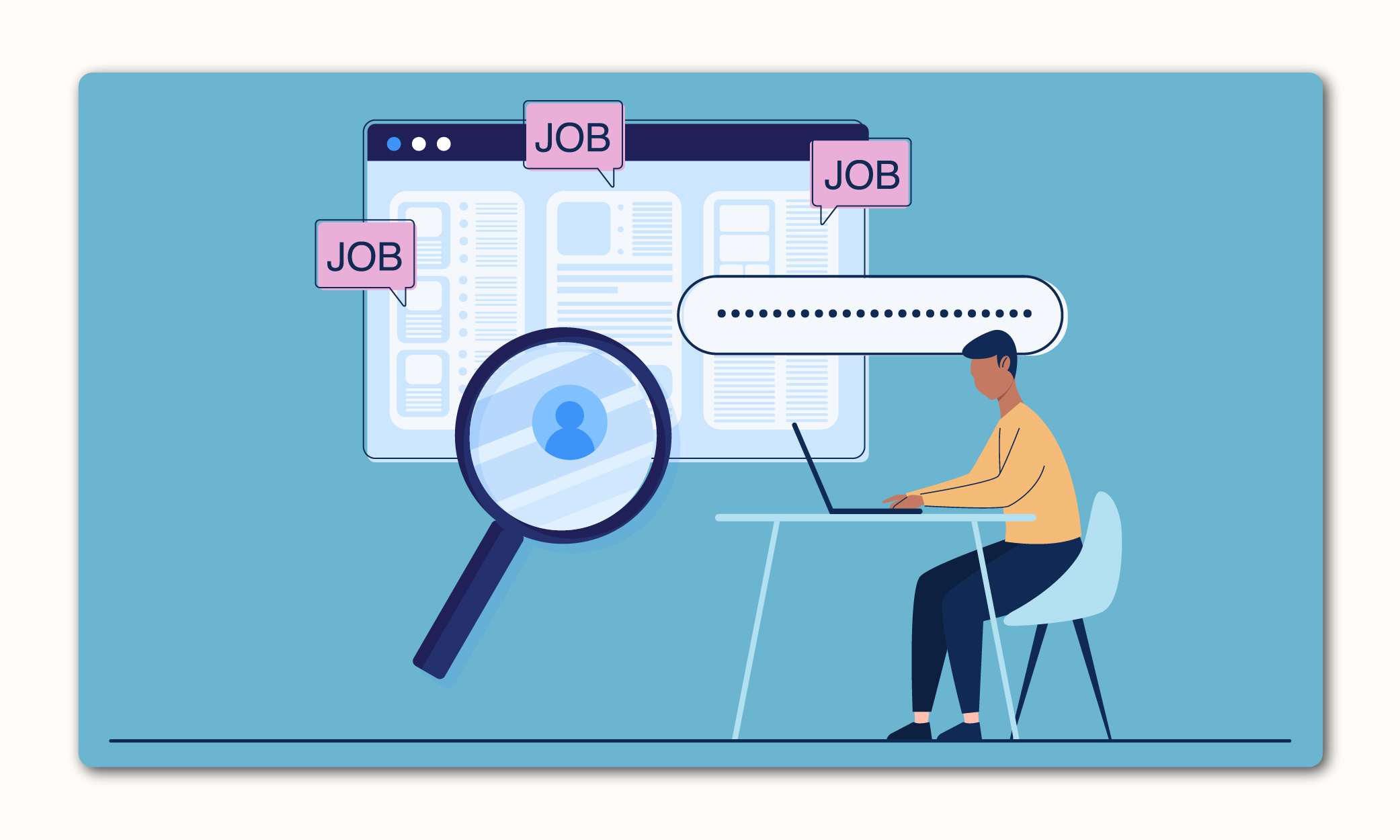The Human Resources (HR) department plays a crucial role in helping organizations remain stable and productive, particularly during times of crisis. According to Charles Spinelli, whether crises stem from natural disasters, global pandemics, cyber-attacks, or internal scandals, HR personnel serve as valuable partners in reaction to crises. They help organizations and employees navigate the experience, as well as perform organizational risk, disaster preparedness, business continuity planning, and wellness strategies.
HR is the Connection Between Leadership and Employees
During any crisis, the necessity of maintaining effective communication is critical. The HR team works as the vital link between senior management and employees, responsible for timely, transparent, and consistent messaging to deal with the issues efficiently. HR has the ability to communicate leadership directives in tandem with employee experience and feedback so that they can support trust and morale among the workforce during challenging times.
Supporting Employee Well-being and Mental Health
Often, crises leave a significant impact on the mental and emotional well-being of employees.
Being at the forefront of managing manpower, HR teams need to act proactively by delivering emotional support and wellness resources to support employees in coping with the situation. This may include:
- Facilitating Employee Assistance Programs (EAPs)
- Accommodating flexible work arrangements
- Easy access to mental health counseling
- Promoting work-life balance
By promoting a supportive work environment, HR not only escalates employee retention but also ensures that organizational productivity remains consistent during challenging hours.
Managing Workforce Adjustments
Amid a crisis, managing the manpower often requires rapid or instant organizational alterations, for instance, layoffs, shifts to remote work, or hiring freezes. Again, it is none but the HR department that remains responsible for managing these transitions in a manner that is ethical, legal, and efficient.
Their duties may include:
- Executing layoffs with sensitivity and compliance
- Modifying policies to facilitate remote or hybrid work
- Reskilling and redeploying employees for new roles
- Overseeing payroll and maintaining benefits continuity
Any kind of mishandling of such decisions and actions can result in long-term damage to employee trust and the company’s reputation. Therefore, HR needs to ensure that these issues are managed with the necessary diligence, as per Charles Spinelli.
Legal and Regulatory Compliance
Moreover, HR needs to ensure that companies act in accordance with labor laws and government regulations, which often become more stringent or change during crises. HR professionals must ensure that the company’s policies are up to date and compliant with the law.
They need to ascertain that the issues of employee record-keeping, leave, remuneration, and workplace accommodation align with the law and ethics regarding people affected by the disaster.
Planning for Crisis Response and Training
HR needs to be forward-thinking in its approach to dealing with potential future issues. HR collaborates with risk management and leadership to establish crisis response plans, which include:
- Strategies for business continuity
- Procedures for emergency contact
- Employee communication plans
- Leadership training for managers during a crisis
- To ensure employees know how to respond in case of a crisis, HR should also conduct simulation drills and training.
In today’s increasingly unpredictable world, the role of HR during crises is not just important—it’s essential. By following the steps outlined, HR professionals can help organizations navigate through uncertainty with both confidence and resilience.


















